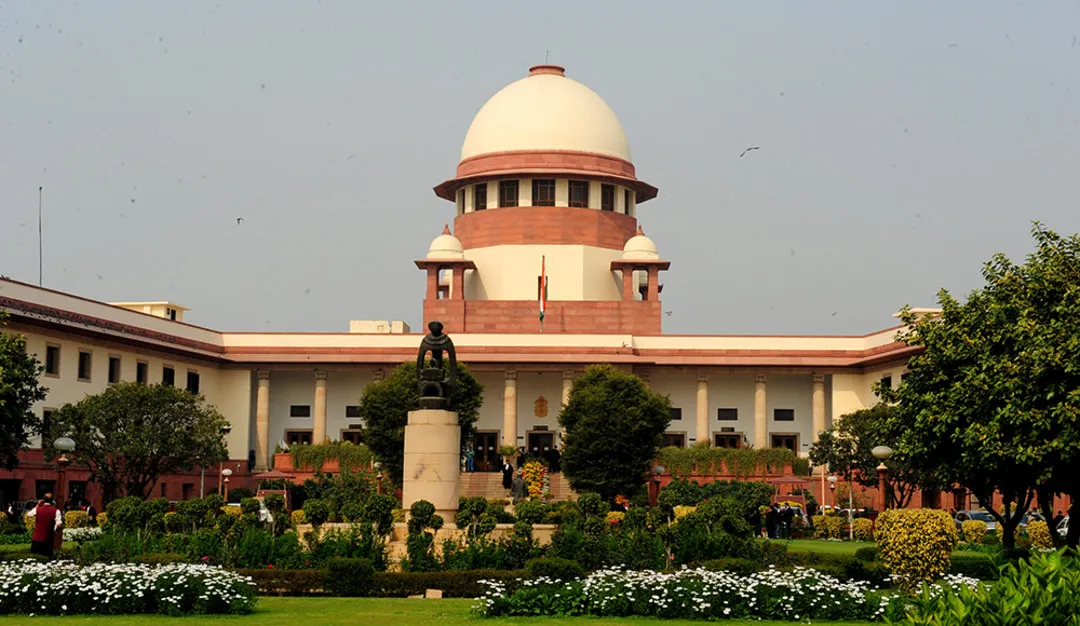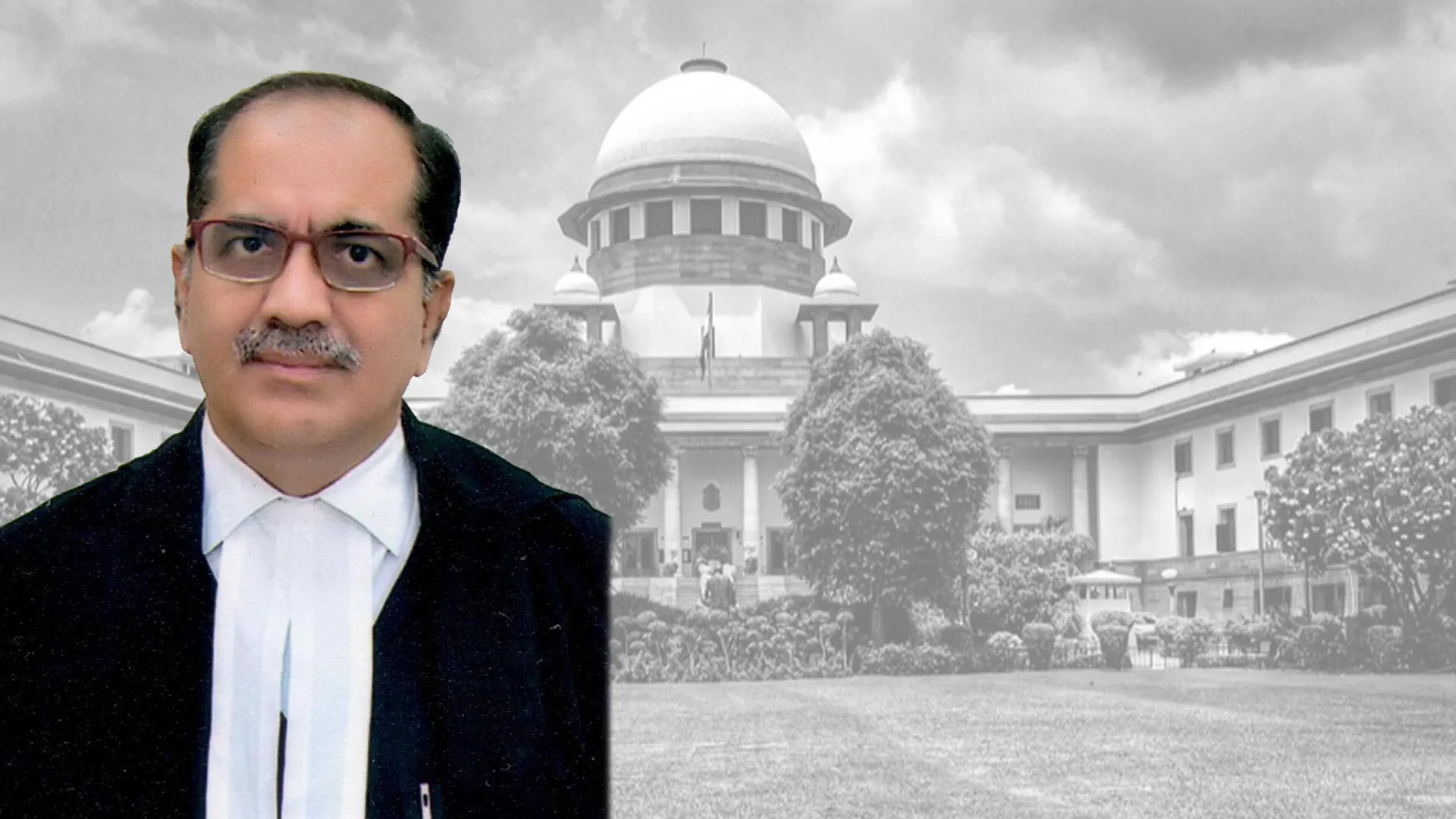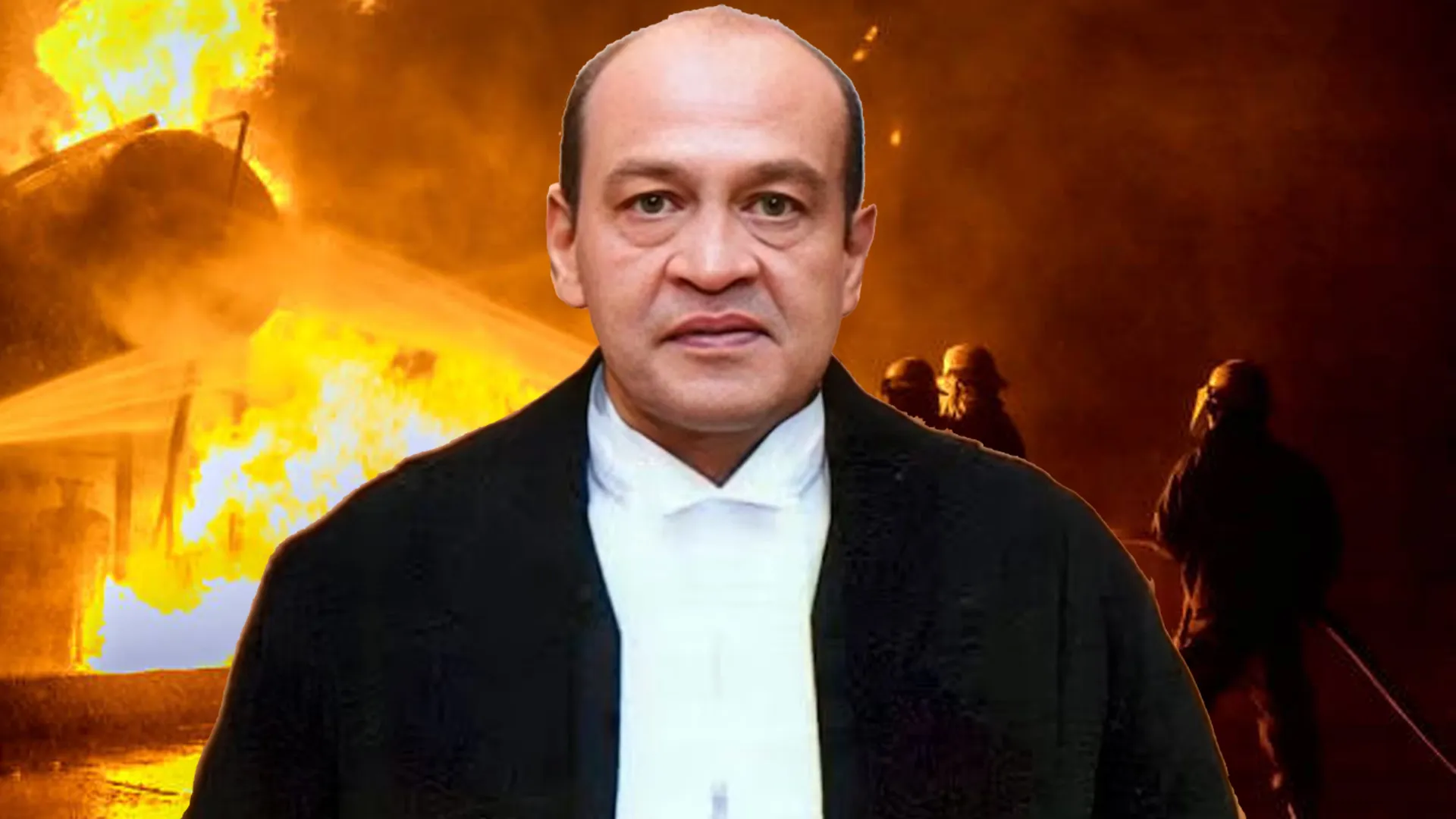The Mumbai Bench of the Income Tax Appellate Tribunal, ITAT in the case Unilever India Exports Limited Versus ACIT observed and has deleted the income tax addition towards ESOP.
The bench comprising of Judicial Member, Amit Shukla and the Accountant Member, Padmavathy S. in the case observed that Employee Share Ownership Plan, ESOP expenses are capital in nature.
In the present case, the appellant or assessee in the case is being engaged in the manufacturing of branded FMCG products, namely the foods and beverages and home and the personal care, the HPC products.
In the said case, the assessing officer during the course of assessment observed and has noticed that the assessee had debited a sum for an amount of Rs. 147.50 lakh towards the benefit provided to the employees of the company in respect of the Employees Share Option Scheme, ESOP. Therefore, the assessee in the case observed and has made a detailed submission before the assessing officer wherein it explained the nature of the Employees Share Option Scheme, ESOP and the reasons why the same is allowable as stated under Section 37(1).
Therefore, the assessing officer did not accept the contentions of the assessee wherein it is stated that ESOP expenses have not crystallized and that the same is capital in nature. Thus, the Assessing Officer in the case observed and has disallowed the ESOP expenditure and the DRP in the case upheld the disallowance.
Accordingly, the Tribunal held that the addition made by the Assessing Officer towards ESOP expenses are to be deleted.
The counsel, Karishma Phatarphekar appeared for the Appellant.
The counsel, Samuel Pitta represented the
Respondent.























